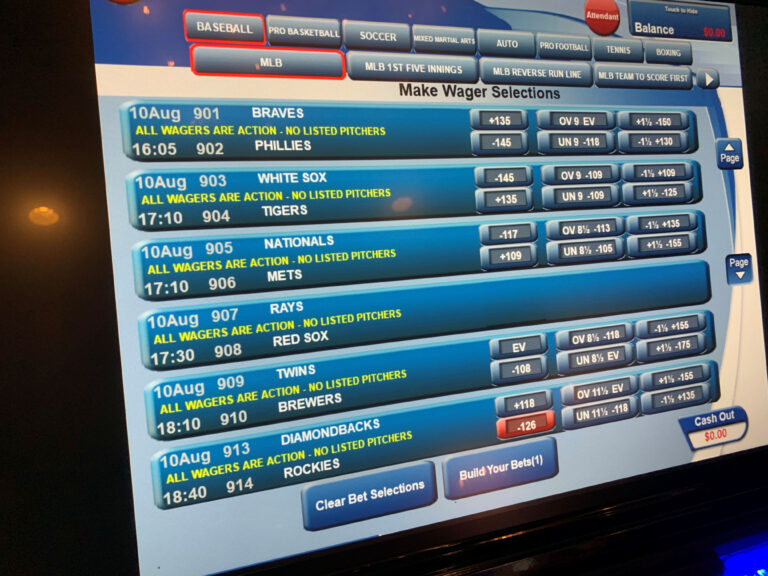Colorado tribes want to offer online sports betting, but their tax status and other issues have some concerned that allowing the Southern Ute and Ute Mountain tribes to offer remote betting on professional sports would siphon valuable revenue from Colorado’s water utilities.
The Colorado Department of Taxation declined to comment on the details of the dispute, but tribal representatives have said they are frustrated by the state’s refusal to provide them.
A proposal lawmakers will put on the ballot in November, House Bill 1436, would ask voters to allow the state to keep much of the revenue generated from sports betting. Taxes on those bets authorized in 2019 are projected to generate $34.2 million in tax revenue in the state’s next fiscal year, which begins July 1.

This Fresh Water News story is a collaboration between The Colorado Sun and Colorado Water Education. It can also be found at wateredco.org/fresh-water-news .
Under current sports betting law, the state cannot collect more than $29 million in revenue. If voters approve the ballot measure, that cap would be lifted, potentially freeing up millions of dollars for water utilities.
Colorado voters approved limited gaming in 1990, and the Ute Mountain Ute and Southern Ute tribes opened their own casinos soon after.
Remote sports betting is offered at casinos in Black Hawk, Central City and Cripple Creek, and the tribe isn’t allowed to participate for now because it couldn’t reach an agreement with the state on how to operate, according to Peter Ortego, an attorney representing the Ute Mountain Ute Tribe of Towaoc. Ortego said the tribe hasn’t taken a position on the new ballot measure.
Representatives for Ignacio’s Southern Ute Tribe did not respond to requests for comment.
One issue is taxation. Because tribes are sovereign nations, they’re exempt from paying state taxes. From the state’s perspective, this tax-exempt status is problematic because if tribes allowed other commercial gambling companies to set up remote sports betting kiosks on tribal lands, that would also be tax-exempt, reducing the amount of money the state can collect for water programs, including conservation, habitat restoration, stream protection, planning and storage, said state Rep. Dylan Roberts (D-Frisco).
“When the Legislature put the sports betting initiative before voters in 2019, a key part of it was that the state would collect taxes from the revenue and 90% of those funds would go to water projects,” Roberts said. “Now there’s a concern that if the physical location moves onto tribal lands, we’ll lose most of the funding for water projects.”
It’s unclear where the Colorado Gaming Association stands on the issue; the trade group did not respond to a request for comment.
Roberts said lawmakers are expected to take up the issue when the Select Interim Committee on Tribal Affairs meets later this summer.
“We’re going to find a middle ground. The problem is, tribal lands aren’t subject to state law, so lawmakers have very little ability to act in that area,” Roberts said.
Previous attempts to break the impasse have failed, and Ortego, of the Ute Mountain Ute Tribe, said it’s unclear when or if the conflict will be resolved.
“We want the opportunity to do what other casinos in the state are allowed to do,” Ortego said, “and we believe we have the right to do that.”

